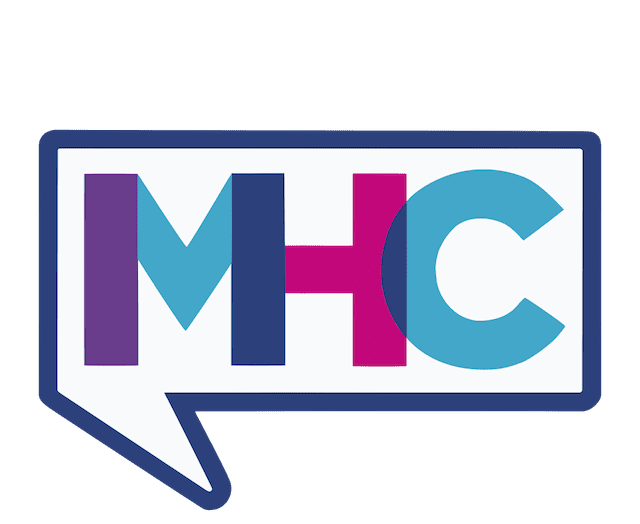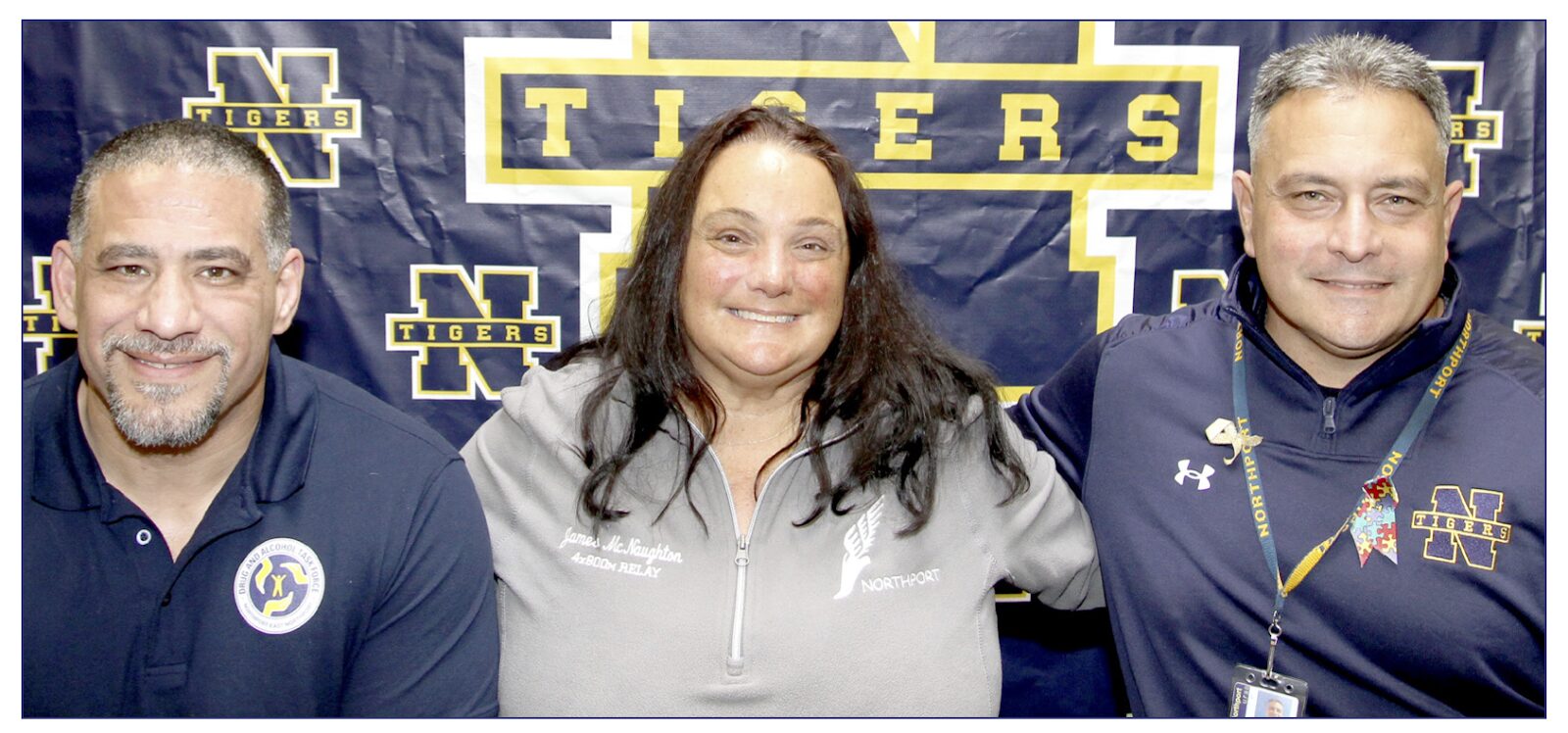The Stats
The World Health Organization (WHO) defines overall health literacy as more important to health outcomes than “income, employment status, education and racial or ethnic group.” 1
However, the vast majority of people in the U.S. never receive Mental Health Literacy education, with less than 50% of students recognizing signs and symptoms of depression2, and even fewer recognizing other mental illnesses.3
Less than 50% of students recognize signs and symptoms of depression
10,000+
Individuals Trained
Since founding in 2019, we have trained over 10,000 people in Mental Health Literacy.
Our Impact
Our evidence-based programs are proven to decrease stigma and increase mental health knowledge and help-seeking efficacy. 4, 5, 6, 7
Stories of Impact
After taking the Mental Health Essentials for Coaches program, a coach used one of the suggested strategies for building a mentally healthy team: having 1-on-1 check-ins with every athlete to ask about their mental health. The coach reported that the athlete he never would have worried about was the one who opened up about struggling with mental health. Because of this critical, 5-minute conversation, the coach was able to help the student-athlete connect with mental health services.
A Life-Changing Story: How MHC Empowers Students
Read About It
At the end of our Mental Health Essentials for Beyond High School program, a group of high school seniors approached one of our trainers. They said they were very concerned about their friend, who was exhibiting all the warning signs of suicide discussed in the program. Because these students received Mental Health Literacy education, they were able to recognize signs of concern and advocate for their friend. With the help of our trainer, the school was notified and followed-up with the student–a potentially life-saving situation.
About a year and a half ago, Windover experienced a horrific tragedy when one of our employees killed his spouse and child and then took his own life. This tragedy was extremely impactful to our organization, and we recognized we needed to do more. It was a call to action. We had always been mindful of our employees’ well-being, but this crisis required us to open our aperture of how we evaluate each employee and all our project team members. We definitely needed a plan. We needed to equip our employees, managers, and leaders with mental health training, protocol and nomenclature.
We knew we didn’t have enough in-house knowledge, nor the expertise needed to go it alone. Fortunately, we discovered Mental Health Collaborative, Inc., and began working together. We created a plan, a roadmap of sorts that our people can all use if we have concerns about a teammate, a friend, a family member, or anyone for that matter. It has also been useful for self-assessment, which has given a few members of our team the insight to seek help over the past year. We feel so very fortunate to have Mental Health Collaborative, Inc. as our partner as we monitor and address our team’s mental well-being.
–Windover Construction
Watch
MHC in the News
Testimonials
One of the most relevant and well-presented professional trainings in my 15 years of teaching. I’ve successfully applied this content in my work with students, my relationships with others, and with my own children
High School Educator, Mental Health Essentials for Educators
The staff were engaging, enthusiastic, and knowledgeable about mental health. They offered concrete suggestions for helping student-athletes cope with mental health challenges and with creating a healthy team environment.
Anonymous Coach, Mental Health Essentials for Coaches
I knew something wasn’t right, but I didn’t have the words for it. This was the best class–with really important information that we all need!
8th Grade Student, Mental Health Essentials Student Curriculum
Critical training for today’s parents! This program provided me with a clear framework for recognizing mental illness and knowing when to take action. As a result, I feel more confident navigating these conversations with my teens.
Parent of a 9th Grader, Mental Health Essentials for Parents & Caregivers
Mental Health Collaborative’s session for our volunteers was full of information and strategies in order to have productive conversations about mental health with young people. The facilitators were knowledgeable about the field and helped build our volunteers skills and comfort level in having these life-saving conversations with youth.
Boston CASA Employee, Mental Health Essentials for Mentors
Explore Our Programs
1 World Health Organization (WHO). Health literacy: the solid facts. Geneva (CH): WHO Regional Office for Europe; 2013. [PDF]. Retrieved at https://apps.who.int/iris/bitstream/handle/10665/128703/e96854.pdf)
2 Olsson DP, Kennedy MG. Mental health literacy among young people in a small US town: recognition of disorders and hypothetical helping responses. Early Interv Psychiatry. 2010 Nov;4(4):291-8.
3 Coles ME, Ravid A, Gibb B, George-Denn D, Bronstein LR, McLeod S. Adolescent Mental Health Literacy: Young People’s Knowledge of Depression and Social Anxiety Disorder. J Adolesc Health. 2016 Jan;58(1):57-62.
4 Milin, R., Kutcher, S., Lewis, S. P., Walker, S., Wei, Y., Ferrill, N., & Armstrong, M. A. (2016). Impact of a mental health curriculum on knowledge and stigma among high school students: a randomized controlled trial. Journal of the American Academy of Child & Adolescent Psychiatry, 55(5), 383-391.
5 Wei, Y. & Kutcher, S. (2018). School Based Mental Health Literacy: Effectively Addressing the Need with Evidence Based Resources. CAP Journal.
6 Carr, W., Wei, Y., Kutcher, S., & Heffernan, A. (2018). Preparing for the classroom: Mental health knowledge improvement, stigma reduction and enhanced help-seeking efficacy in Canadian preservice teachers. Canadian Journal of School Psychology.
7 Wei, Y., & Kutcher, S. (2014). Innovations in Practice: ‘Go‐to’ Educator Training on the mental health competencies of educators in the secondary school setting: a program evaluation. Child and
Adolescent Mental Health.




